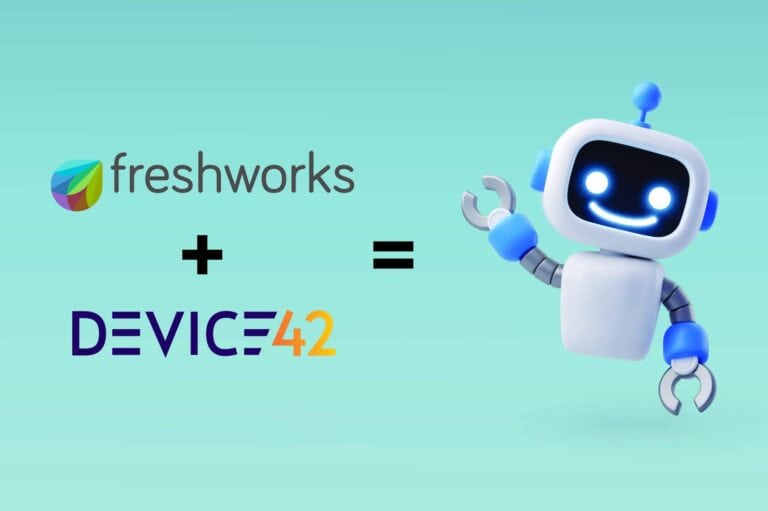Sometimes a TV show or movie with an apparently massive disconnect to the real world — fantasy stuff — can trigger some interesting observations and conclusions for us in our world too. One that did that for me was the first episode of ‘Marvel’s Agents of SHIELD’.
What I found interesting was the broad context set out in the first episode . It takes place after the cataclysmic battle of New York – the Avengers Assemble movie – when superheroes (“a green monster, a billionaire in a metal suit, a 40s costume hero, a Norse god and two expert assassins”) saved the planet from an invasion by a frighteningly aggressive warmongering race of aliens. That kind of thing — world at risk, world saved — is usual enough, but the TV show is set later, in the world that was saved.
Table of Contents
ToggleContinuity Matters
The tacit assumption in the genre is that the good guys save the world, and everything can go back to normal and life goes on as before. But of course people aren’t that simple. Those who witnessed – or even read about – the battle now know that their world is not what they thought. There are heroes they didn’t know about, there are monsters they daren’t even have dreamed of, and there are threats they didn’t imagine, and therefore equivalent opportunities too. But — as they say — life goes on so there is a real need to promote normality in the face of underpinning changes. Continuity matters.
So is this a universal analogy – living on as if the world hasn’t changed when it has? Does it apply to IT Service management? Obviously I think so or I wouldn’t be writing about it here.
Every vendor in our community seems focused on ‘Cloud’. Talk to one and it seems they are programmed to say the word ever 40 seconds or so. Too often the focus is like the original movie, on the revolutionary changes and wonders revealed — not on actually living with the consequences that should be the focus of service management.
It’s not all about the technology
The hard part — and one not in the nature of many IT-oriented people — is to keep the conversation and the deliverables away from technology for its own sake and related to the business requirements. Like life in the ordinary world after even the most amazing disaster has been averted, the normal requirements carry on much as before, just with an unsettling undertone that awareness of big changes elsewhere always brings.
The TV series has the everyday masses carrying on, apparently, as before but with the enlightened ones aware of the change and seeking the truth and answers; the rest are trying to get past the nagging unfamiliarity in a seemingly familiar world and just want to get on with a normal life.
So maybe a key part of ITSM in our post-apocalypse, post-cloud world is to play down the change and emphasize the possibilities for continuity and improvement.
Heroes like turmoil and adventure, they say they want peace and harmony but we know better don’t we? Life actually does need to go on, services need continuity and most (at least) of the things we put trust in have to keep on delivering. Whether that’s stock market values or COBOL code, it forms the basis of millions of lives or million-dollar businesses that need to carry on.
Make sure you are making the right changes
What the brave new world can bring is a little extra confidence, because now we know the superheroes are there. But there were 4 superheroes and 4 billion people to protect, no-one is THAT super, and just maybe cloud isn’t THAT super either. Better for sure but many of the old service management concerns remain.
In fact, real service management goes on, cloud or no cloud. We still will need to know what services our customers need, and who those customers are. We need to understand their view of success. Yes, we can do changes faster, but we should still find out — first — if they are the right changes.
If the things that are wrong with your service management now are not technology or speed related then odds are Cloud won’t cure them. Going faster in the wrong direction is rarely the best solution, so establishing the right service management direction first remains the priority surely?
The basic values have not changed
My hope is that — with our superheroes/cloud guys there to help and protect us we can take service management more seriously than before. In theory automation initiatives over the last 25 years should have been reducing our need to focus on the mechanics and allow more focus on the customer. That has happened, but maybe not enough; real change needs the consequential changes within the people involved, away from technology and into service.
As ITSM people we are somewhat like the guys in that post-attack world. We need to accept and exploit what is different now without losing track of the important basic values that remain unchanged. Maybe that’s the good and the bad about being in service management; it isn’t about saving the world it’s about helping the rest of the world get on with their lives when things they don’t understand — and don’t need to understand — are happening. So the basic tenets of service management — delivering services that are actually useful — are unchanged.
So, can we understand what cloud does for ITSM, maybe tell our customers that it is good for them but focus back on delivering, and showing we deliver, the right things at the right time? Or as I would put it: being service management professionals more than IT ones.





